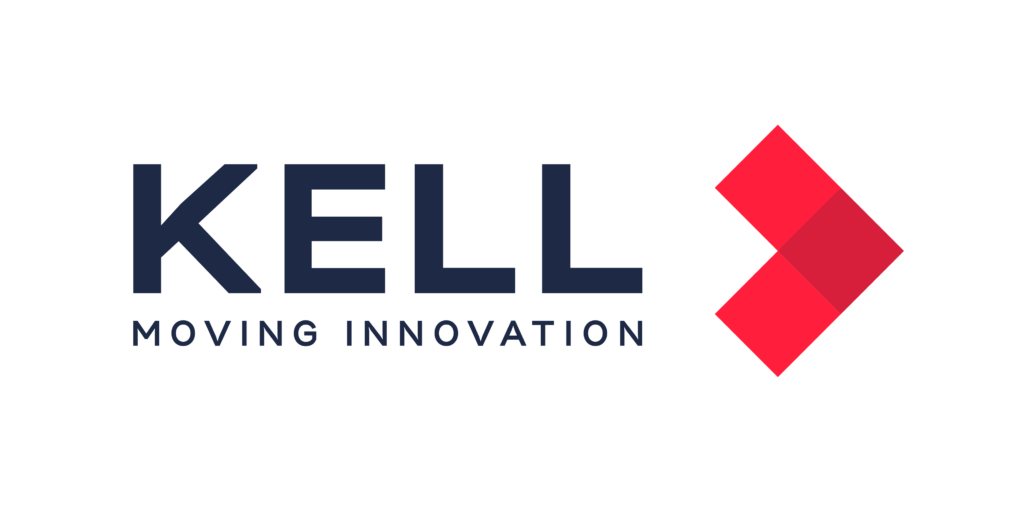
The prison context presents some problems related to the management of health care to prisoners. In particular there are:
- Condition of overcrowding in prisons
- Inmates with chronic diseases, and drug addicts who need continuous monitoring
- The need for screening (mammograms, prostate, etc.).
- High costs and high risks associated with the translation of detainees from prisons to hospitals. In 2012 the prison has made 176 836 translation services for a total of 358,304 prisoners translated for a total cost that you can anticipate between 40 and 45 million euro of which approximately 71 thousand were moved to outpatient visits
To ease the burden of the ASL of competence and facilitate the care of the prisoners Kell proposes a system of teleconsultation and sharing of medical records targeted blood tests and X-rays to.
The primary objective is to keep the detainee in the detention facility and at the same time:
- Ensure a level of security and assistance close to what might get in a nursing home;
- Bidding Entity optimizing the use of resources possible and reducing costs;
The model provides for the establishment of a telemedicine network with a mobile clinic that allows to take the exams in the prison facility and then to share data and reports with reference Asl.
The infrastructure of the system is accomplished through a service center (or the data center of the same ASL) equipped with the necessary levels of security associated with the treatment of sensitive data, which will be installed in a system of Electronic Health Record called Kell J-Hospital that will allow the collection and centralization of clinical data obtained in the territory and an integrated video conferencing. The functions of reporting and sharing of data allow specialists ASL display and report the examinations and then transmit them and make them available to doctors in the prison facility.


